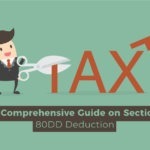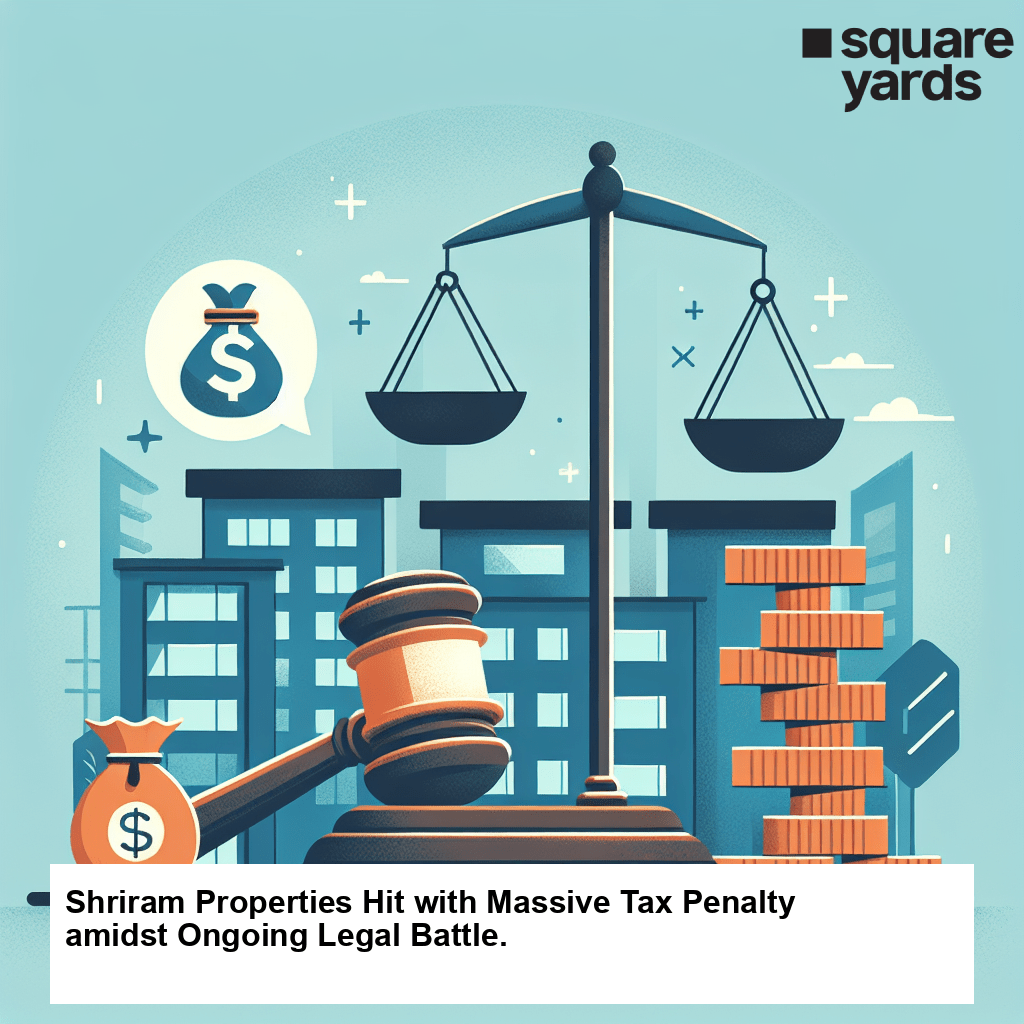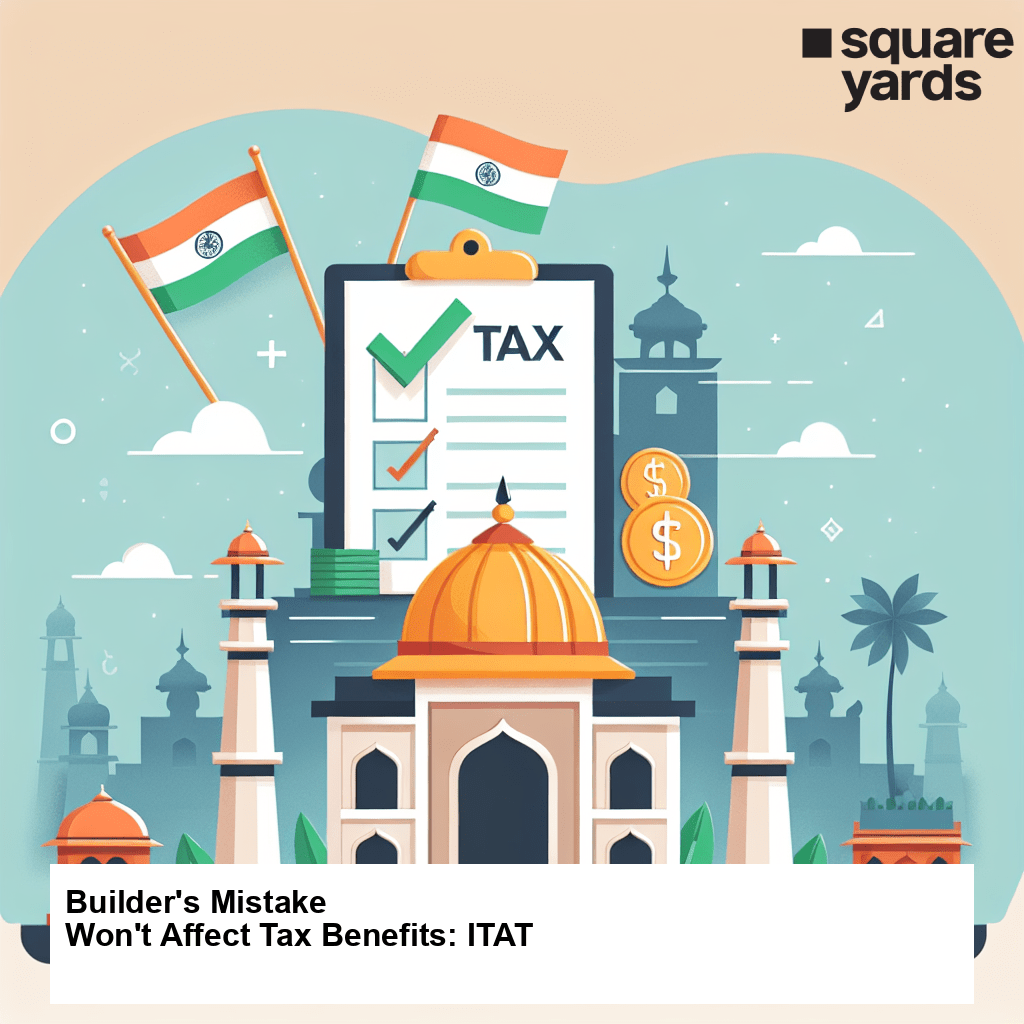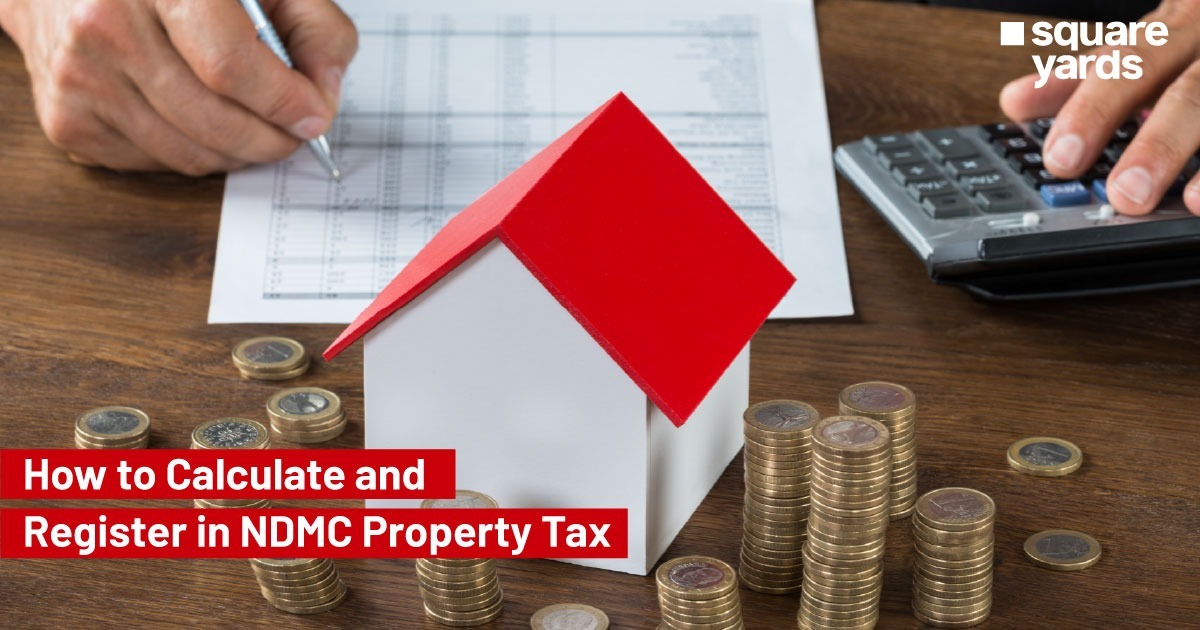Are your investments proving to be a loss because of TDS?
Form 15G and Form 15H helps you save your interest income from the heavy clutches of TDS deductions. If your total income is less than the taxable limit, you can submit Form 15G and 15H to the bank and ask them to dispel TDS deductions on the interest amount.
In this guide, let’s get to know what Form 15G and Form 15H are, their eligibility criteria, download process, and the types of interest income you can save through it.
Table of Contents
- Form 15G, Form 15H and TDS Deductions
- What is Form 15G?
- What is Form 15H?
- Why are Form 15G and Form 15H Necessary?<ulstyle=”margin-bottom:0″>
- Corporate Bond Interests
- EPF Withdrawals
- Post Office Deposits
- Rent
- 7 Important Things To Know Before Submitting Form 15G and Form 15H
- How to Fill Form 15G?
- How to Fill Form 15H?
- How to Download Form 15G and Form 15H?
- Where Can You Submit Form 15G and Form 15H?
- What to do if You Forget to File Form 15G or Form 15H?
- Frequently Asked Questions (FAQs)
Form 15G, Form 15H and TDS Deductions
In India, banks make deductions on TDS when the total interest income of a person exceeds Rs. 40,000 annually. The bank comes up with deposits held in the branches to take a call on the limit.
However, as an individual, you can submit Form 15G and Form 15H to the bank asking not to make TDS deductions on your interest income if your total income falls below the taxable limit of Rs.2.5lakh per annum.
Uses of Form 15G and Form 15H
What is Form 15G?
Form 15G is a self-declaration form whose provisions come under Section 197A (1 and 1A) of the Income Tax Act. You can submit Form 15G if you are an individual (below 60 years of age), and not any firm or company, who claims receipts without any tax deduction.
Where are the Eligibility Criteria for Form 15G?
When do you have to submit Form 15G? Wait, do you even have to submit one? We have brought you a list specifying the eligibility criteria for the Form 15G declaration.
- This Form applies to individuals (Indian residents) below 6o years of age.
- The Hindu Undivided Family (HUF) also passes the eligibility for the Form 15G declaration.
- Form 15G must be submitted before the commencement of the first payment of interest on an FD.
- The individual should submit this Form to each of the bank branches from which they earn interest.
- This Form must only be submitted by individuals whose calculated tax liability on their total income for the financial year is zero.
- The total interest income of individuals must be less than the minimum exemption limit of Rs.2.5 lakh.
What is Form 15H?
Form 15H refers to a declaration made under Section 197A (1C) of the Income Tax Act, 1961. It has to be exercised by an individual who is above 60 years of age to demand certain receipts without any tax deduction.
What are the Eligibility Criteria for Form 15H?
Here is a set of checkpoints that standardize the stances in which one can submit Form 15H.
- Form 15H is applicable for Indian residents who are 60 years old and above or will be turning 60 on the financial year they are submitting the form.
- The calculated tax liability of the individual should be zero.
- The annual interest earned by the individual should not exceed the basic limit of Rs. 2.5 lakh.
- One can also submit a Form 15H if their interest income from sources other than a deposit, like loans, debentures, bonds, etc., crosses Rs.5000 per annum.
Why are Form 15G and Form 15H Necessary?
Apart from saving your interest income from TDS deductions in the bank, Forms 15G and 15H also help dodge the same for interests earned from corporate bonds, EPF, post office deposits, and rent, amplifying their importance.
So, let’s check out below how you can use Form 15G and Form 15H to save your interest income when it comes to your other investments.
Corporate Bond Interests
When the income generated from any corporate bond is over Rs.5,000, the individual becomes eligible for deduction on TDS. However, if your annual income is below the taxable limit, you can submit Form 15G or Form 15H requesting not to deduct TDS.
EPF Withdrawals
When an individual withdraws funds from EPF before its 5-year tenure, it makes way for TDS deduction. This means if, in case of any emergencies you have to take out Rs.50,000 or more, you will have to submit Form 15G or Form 15H to save your interest income from EPF. However, always ensure that your total income, including the EPF interests, is below the basic tax limit.
Post Office Deposits
Digitized post offices deduct TDS for the income earned from PO deposits. To refrain from such deductions, you can submit Form 15G/15H to them as well.
Rent
The deduction of TDS is also carried out when the total rent paid for one year is more than Rs 2.4 lakhs. However, if there is no tax levied on your total income, then you can submit Form 15G or Form 15H, asking the tenant not to make any TDS deductions.
7 Important Things To Know Before Submitting Form 15G and Form 15H
Here are the most important things to know about Form 15G and Form 15H declaration:
- If you are an NRI, you are not eligible to submit these forms.
- Form 15G can be submitted by individuals and HUFs below 60 years of age. Form 15H can be submitted only by individuals between 61 and 80 years of age.
- You can only submit these forms to the bank along with a valid PAN and cover letter. Failing to do so incurs 20% extra tax.
- You have to submit the details of Form 15G/15H already submitted in other banks, along with the interest income amount mentioned in those forms.
- Make sure that you get an acknowledgment from the bank as you submit Form 15G/15H. Acknowledgment of submission of PAN information is helpful in case of any conflict with the bank.
- The administrative officer has the right to access the details you have submitted to the banks. They can also rectify any incorrect information when detected.
- Indian law possesses a provision for imprisonment for at least 3 months in case of any incorrect information provided by the individual in these declaration forms.
How to Fill Form 15G?
Form 15G constitutes two parts- Part 1 and Part 2. Part-1 of Form 15G refers to the declaration made under Section 197A (1) and (1A) and is filled by the individual or HUF member. Part-2 of the Form, on the other hand, is filled by the TDS deductor or the bank.
Here are the details you will need to provide in Form 15G, Part 1.
- Name of Assessee (Declarant): Put your name as per your income tax records in this section.
- PAN Details of Assessee: Mention your PAN number exactly as given in your PAN card and income tax records. The declaration will be deemed invalid if you fail to furnish a valid PAN number in the Form.
- Status: In this field, you have to mention whether you are an individual Indian resident or a HUF member.
- Previous Year: Enter the financial year for which you will submit this Form.
- Residential Status: Write about your residential status as per Section 6 of the IT Act, 1961.
- Address Details: Enter your permanent address mentioning the flat/door/block number, road/street/lane, area/locality, town/city/district, state, and PIN code.
- Contact Details: Mention your registered email address and phone number as is already there in your income tax records.
- Option A: Here, you will mention if your income was more than the taxable limit in any of the previous 6 years. If yes, mention the most recent year where your income went beyond the taxable limit.
- Income Estimate: Mention the amount of interest income for which you are submitting Form 15G or Form 15H.
- Total Income Estimate of Last Year: You have to calculate your total income from each of the sources for the financial year and enter the total amount in this section.
- Details of Interest Income Source: Enter the identification number related to your investment/account, the section under which TDS is deductible, income nature, and total income amount in this section.
Finally, sign the Form and submit it.
How to Fill Form 15H?
There are two parts in Form 15H that need to be filled before submission. Part 1 of Form 15H is to be filled by the assessee and Part 2 by the deductor (for example: the bank).
Mentioned below are the different fields that have to be filled with correct information by the applicants before they submit the Form.
- Personal information of the applicant, including name, PAN number, residential status, date of birth, and contact information.
- Financial year pertaining to the income mentioned.
- The applicant must mention “YES” if they have been assessed in any of the six assessment years preceding the assessment year mentioned.
- Total interest income estimate for which the individual wants to submit a Form 15H declaration.
- Total income estimate for current and last year.
- Total number of Forms filled out by the applicant and the total income concerning which the declaration is to be filed by the applicant.
- Number of shares of the applicant, their deposit account number, LIC policy number, employee code, and NSS details.
After filling the Form, the applicant must duly verify all the information and make necessary corrections (if any) before signing the Form.
How to Download Form 15G and Form 15H?
Follow the steps mentioned below to download Form 15G and Form 15H.
Step 1: Head to the official website of the income tax authority.
Step 2: Go to the ‘Forms/ Downloads’ tab.
Step 3: Select the ‘Income Tax Forms’ option in the drop-down menu.
Step 4: You will be redirected to a new page where you will find a list of forms. Once you choose the format (PDF/Fillable Form/e-file) in which you want to download Form 15G or Form 15H, it will automatically be downloaded on your device.
Where Can You Submit Form 15G and Form 15H?
You can also submit Form 15G or Form 15H in the institutions or corporations mentioned below to ensure non-deduction of TDS:
- Bank
- Post Offices.
- Companies issuing corporate bonds.
- EPFO (In case of premature withdrawal of provident funds).
- Insurance companies by insurance agents.
What to do if You Forget to File Form 15G or Form 15H?
Forgotten or late submissions of Form 15G and Form 15H are common mishaps that result in TDS deductions by the bank for the total interest income. However, if this ever happens to you, the following steps may help you out.
- Mark the dates of you receiving your interest income and the bank’s TDS deduction on it. Most banks conduct a quarterly TDS deduction. So, you have to submit Form 15G and Form 15H right before the TDS is deducted.
- This will help you ensure there is no deduction on the TDS for the rest of the financial year.
- However, if the TDS has already been deducted, you will not get a refund for the same from the bank.
- You can file a claim for the amount of tax paid in excess via tax returns on or before the due date.
- You can check the total TDS that has been deducted in Form 26AS of the related assessment year.
You May Also Read
| Income Tax Top Blogs | Income Tax Other Blogs |
| Income Tax Slabs | Sales Tax |
| Income Tax Return | Service Tax |
| Income Tax e-Filing | Direct Tax |
| Income Tax Refund Status | Indirect Tax |
| Income Tax Refund | HRA – House Rent Allowance |
| Online Tax Payment | Gross Salary |
| Income Tax Portal | Self Assessment Tax |
Frequently Asked Questions (FAQs)
What if I don't submit Form 15G?
If you don’t submit Form 15G, the bank will deduct TDS from your interest income. Moreover, you will get a TDS certificate that you can append while filing your income tax.
What is the significant variation between Forms 15H and 15G?
Form 15G applies to both individuals and HUFs below 60 years of age, whereas Form 15H applies to only individuals between 60 and 80 years. No member of the HUF can submit Form 15H. Additionally, both these forms are only for Indian residents and not for any company or firm.
What is the use of Forms 15G?
The self-declaration form of Form 15G helps individuals (below 60 years of age) to save their interest income from any TDS deductions by the bank.
Do I have to submit Forms 15G and 15H at every branch of my bank?
Yes, you need to submit a copy of both Forms 15G and 15H at every bank branch. Therefore, there will be no TDS deduction. However, the TDS deduction takes place only when the interest-earning amount is more than Rs.40,000.
I have taxable income. Can I submit Form 15G and Form 15H?
You can submit Form 15 G or Form 15H, but you have to inform your bank that your total tax liability for your earnings is not zero. However, your bank will make the changes and then deduct the TDS accordingly. While filing Forms 15H and 15G, make sure to submit the complete interest income in your tax return and then pay the required tax.






























































